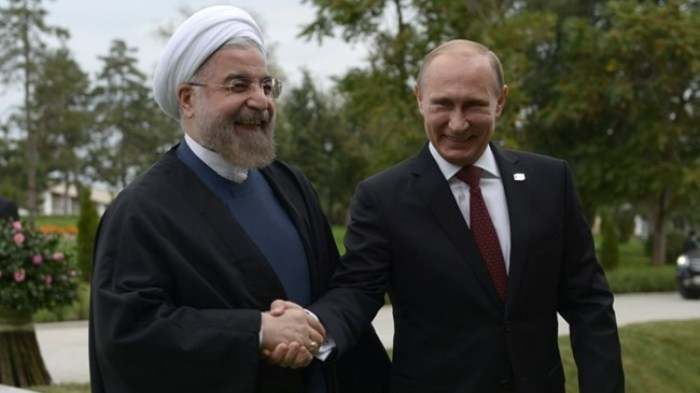Russia’s New Approach to the Middle East

By: Seyed Ahmad Hosseini
Russia's foreign relations with the US and EU have recently been tense due to the Syrian crisis and especially the crisis in Ukraine. Within this context, Russia can use its potentials and realize them to initiate a more effective foreign policy. From this perspective, Russia's behavioral framework towards the Middle East could be summarized as follows:
The Security of Southern Borders
The security of Russia’s southern borders in the Caucasus and Central Asia has been one of the most significant elements of concern for this country. Moscow has recently been attempting to prevent the impact of the Middle East developments on these regions.
Within this texture, Iran and the nature of its relations with Russia, especially in the post-Iran Deal era, would be taken into consideration. For Russia, an 'ideal' Iran would be a country which could not join the nuclear club, while at the same time could help keep its borders safe and avoid a possible war.
Russia has also benefited from the former situation in Iran's nuclear case since it saw the US on its side while also attracting the European and Asian, especially Chinese, demands in the energy domain.
During the Soviet era, the Russians had their own strategy hubs in the Middle East. Syria, Iraq, former South Yemen, Libya, and to some degree, Iran and Egypt, have helped advance Russia's Middle East strategy. However, as a result of its optimistic post-Soviet policy, Moscow has lost its key strongholds in the region. Nonetheless, the Syrian and Ukrainian developments marked an end to this type of behavior. Now, most countries take Moscow's position into account. That is why several Middle Eastern countries, especially Saudi Arabia, now face with a new reality, a strengthened Russia.
Russia's approach to politics and the international arena is pragmatic and utilitarian. Blockages in its relations with the West, the fluid and complicated nature of the Middle East developments, along with the US decision to get itself out of the futile and costly conflicts in this region and the Arab states’ discontent of Washington’s role in the Iran Deal have provided new opportunities for Russia. The combination of these factors has activated Russia’s foreign policy in the Middle East which is an important issue for countries and regional actors such as Iran. In the past three decades, Iran has had warm relations with Russia and there has been a common point of view towards global and regional issues between the two countries.
In the wake of the Iran Deal, close and warm relations with Russia would be a key factor for Iran's foreign policy. At this juncture, we should be watchful against the Saudis’ advances towards Russia. The good news is that unlike the common Iranian-Russian perspective which is based on geopolitical and strategic views, Russian ties with other countries like Saudi Arabia are tactical and temporary, though everything is possible in politics.

